Paying farmers a living wage is essential to ensuring sustainable coffee production
GreenBiz
JUNE 10, 2020
Yet, swirling beneath the surface all of the major issues of the 21st century — climate change, globalization, immigration, women’s rights and wealth inequity — are being played out in remote coffee villages around the world. . From a high in 2014, prices paid to farmers have plummeted by 70 percent and now dance around $1 per pound.

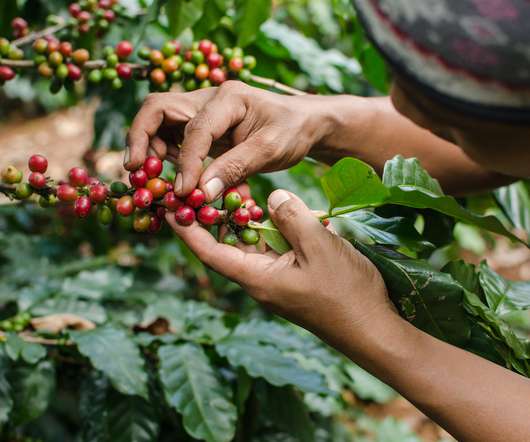
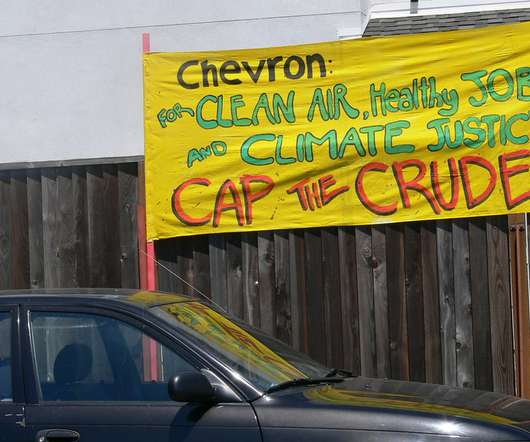

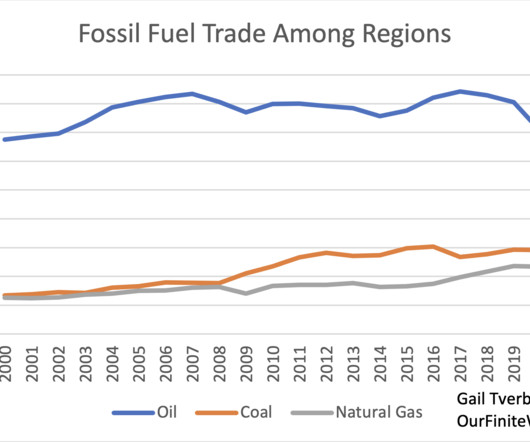
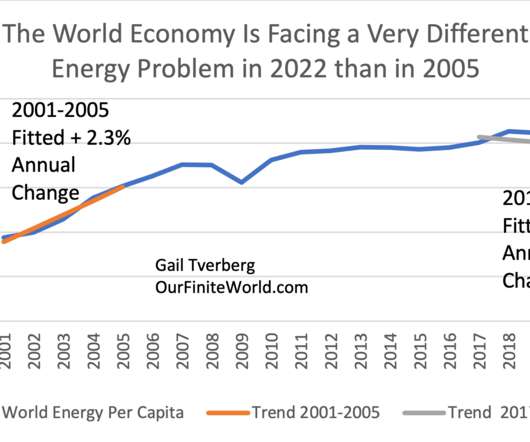

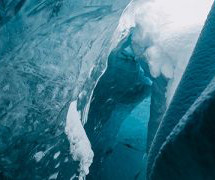
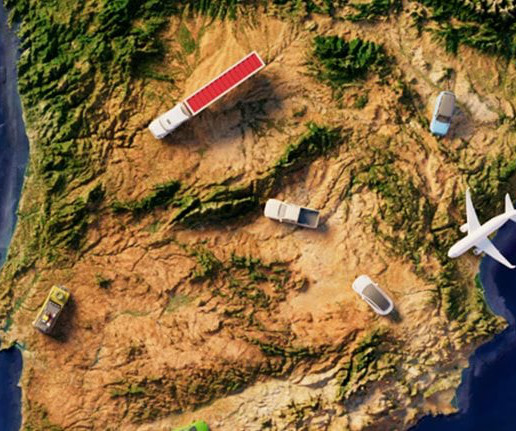
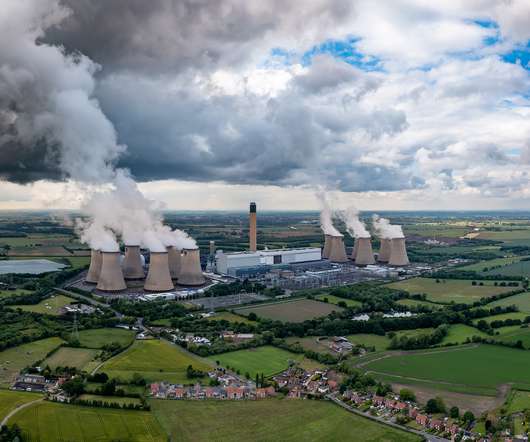
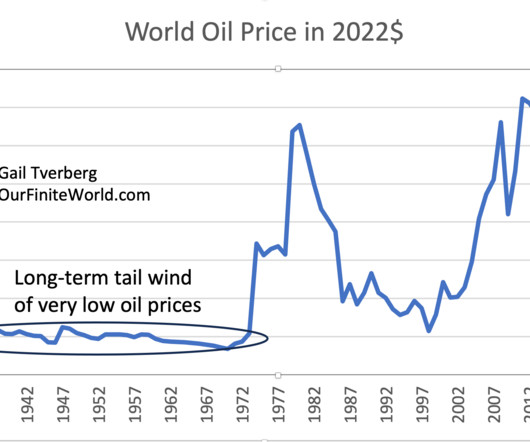


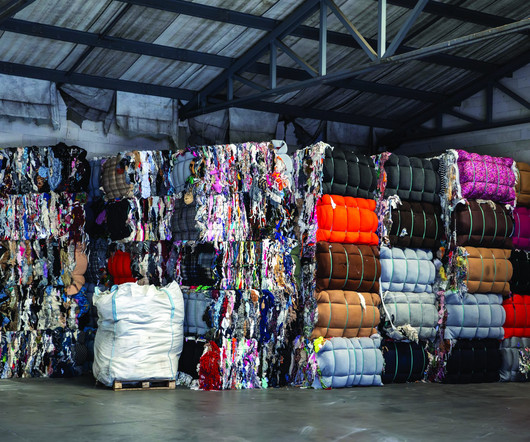






Let's personalize your content